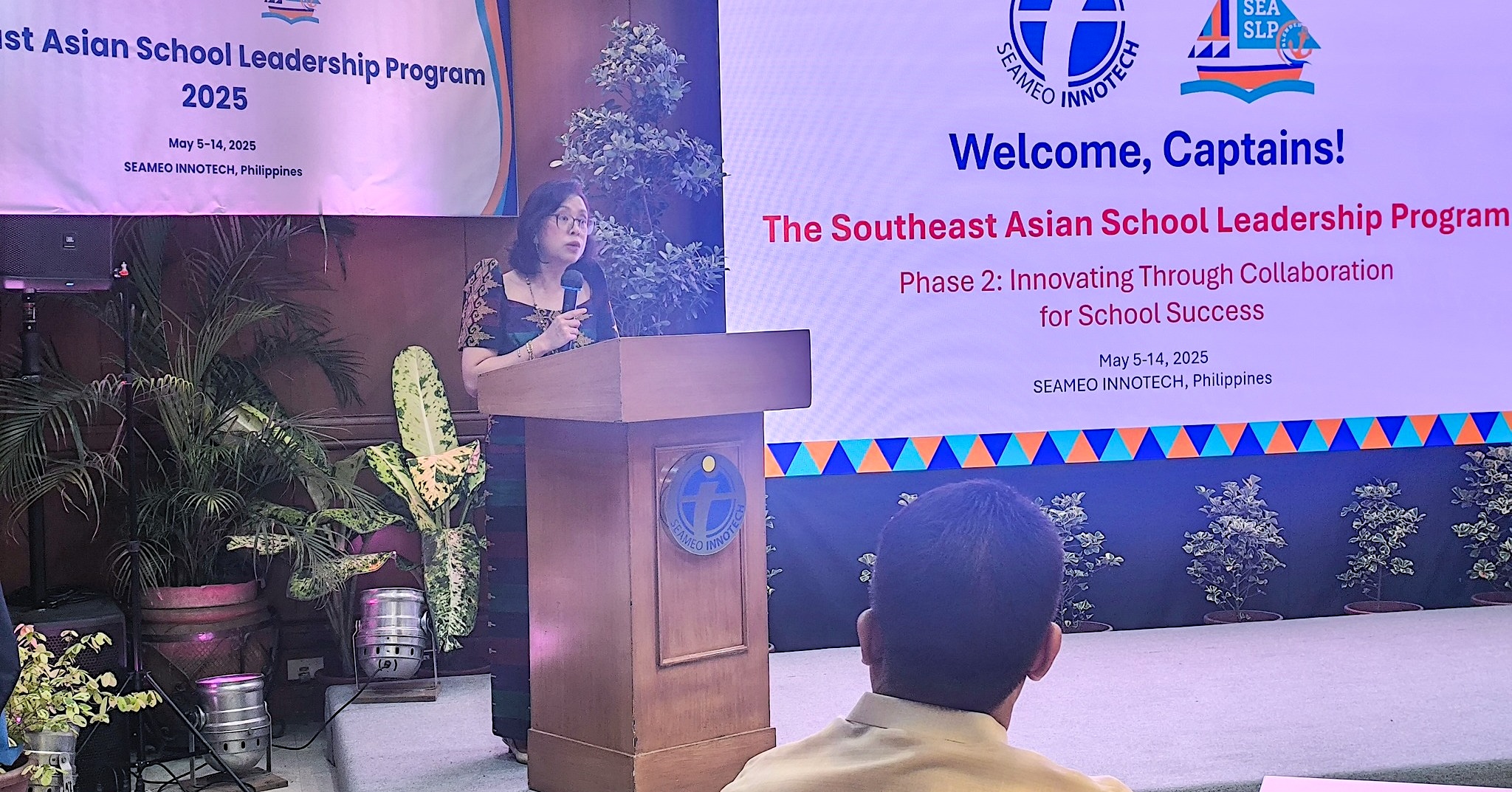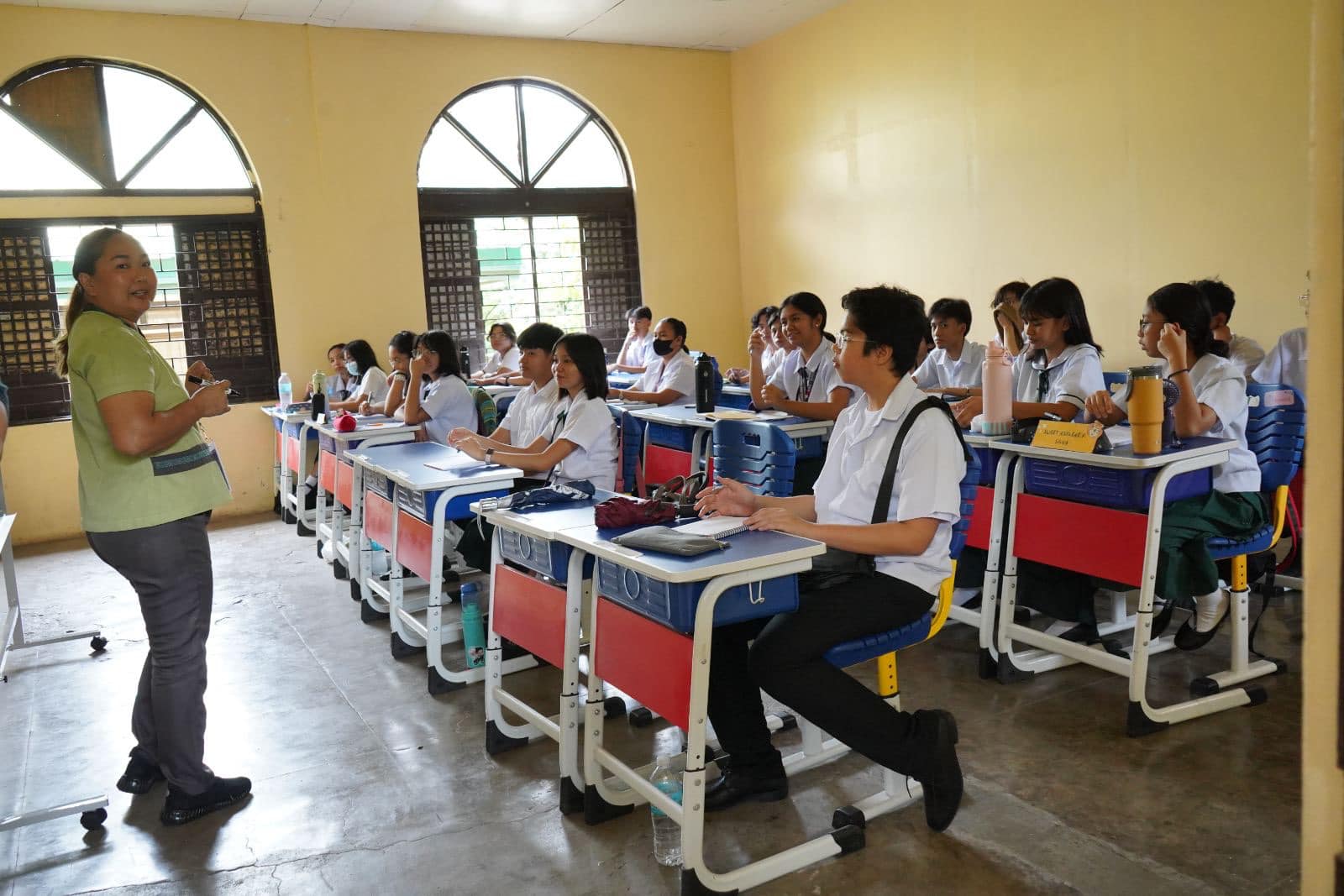EDCOM 2 urges review of SHS electives, subjects to ensure students focus on specialization
Senator Sherwin Gatchalian, co-chairperson of the Second Congressional Commission on Education (EDCOM 2), has called on the Department of Education (DepEd) and Commission on Higher Education (CHED) to review the proposed Senior High School (SHS) Curriculum, reminding the agencies to consider implementation gaps and removal of so-called bridging programs so as not to repeat past mistakes.

The EDCOM 2 official warned that while the new structure looks promising on paper, actual implementation could fall short.
Bridging programs are programs that are supposed to help students transition between their high school strand and their chosen college course by providing additional training to address gaps in knowledge or skills.
The bridging programs in the curricula, however, failed to deliver on the promise of shortening college or providing a workforce-ready SHS graduates.
DepEd is currently preparing for the pilot of its strengthened SHS curriculum in School Year 2025–2026.
The revamped SHS program features major changes, including the reduction of tracks from four to two—Academic and Technical-Professional—and a trimmed-down core subject list from 15 to just five. Students will also be offered a range of electives aligned with their career interests as DepEd aims to streamline learning and provide pathways to college or employment.
However, during a senate hearing on basic education on May 8, Gatchalian raised concerns about the feasibility of implementing electives across all schools, especially smaller ones with limited resources.
He warned that while the new structure looks promising on paper, actual implementation could fall short—possibly repeating the gaps seen since SHS was launched in 2016.
EDCOM 2 data shows that 70% of standalone SHS are small with less than 440 students, raising the question of capacity and economies of scale in making available courses in small populations.
Gatchalian added that disparities in school capacity, especially between urban and rural areas, must be addressed in planning.
DepEd Undersecretary Gina Gonong clarified that not all schools are expected to offer every subject. Instead, school heads will choose from a menu of options based on their resources, student interests and local industry demand.
Gatchalian also stressed the need for DepEd and CHED to harmonize standards to equip students for college or work without needing further remediation through bridging programs.
“We don’t want a scenario where we reform the curriculum, but the end is the same, may bridging program pa rin. That’s one of the things I want to flag: for DepEd and CHED to work together to ensure that the minimum qualifications for college readiness are truly met in our SHS program,” he said.
“It’s time we eliminate the bridging programs and download these competencies down to basic education. When students leave senior high school, they should be able to focus entirely on their specialization in college,” said Senator Gatchalian.
Experts also pointed out that current electives seem to favor engineering and science, overlooking popular college paths like nursing and medtech. Gatchalian stressed the need to refine elective offerings to better reflect student interests and real-world demand.
EDCOM Executive Director Karol Mark Yee echoed these concerns, urging for clarity on the criteria in determining elective offerings.


